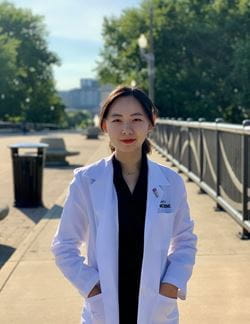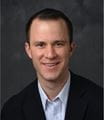In the Biomedical Engineering and Applied Medical Technology Scholarly Concentration, medical students develop their understanding and application of biomedical engineering for the ethical design, development and translation of medical and related technologies. Students have opportunities to understand and advance the design and translation of medical and related technologies into clinical settings through interactions with engineering teams actively translating medical technologies and well as through completion of a scholarly project. This concentration is in partnership with Purdue University’s Weldon School of Biomedical Engineering in West Lafayette.
Locations
Students participate in coursework and related meetings at the West Lafayette campus. Completion of the scholarly project with a faculty mentor in biomedical engineering or related discipline will be done in West Lafayette.
Curriculum and Timeline
Students completing this concentration will receive an introduction to biomedical engineering design, development, deployment of medical and assistive technologies and their translation into clinical practice. Prior coursework or training in engineering is not necessary. Students begin with introductory learning in discussions with engineering faculty and students about the processes of medical technology development and identification of customer needs. Students are required to participate in summer research projects on medical technology development and will join ongoing projects or develop their own with mentorship from engineering faculty. In the final phase, students will continue research on their project and development of a scholarly product deliverable.

 "I definitely think the biomedical engineering scholarly concentration program has helped widen my views. Collaborating with local physicians helps give relatable experiences for my future career."
"I definitely think the biomedical engineering scholarly concentration program has helped widen my views. Collaborating with local physicians helps give relatable experiences for my future career."
 "The Biomedical Engineering and Applied Medical Technology program helps me understand current research for the field of medicine I am interested in."
"The Biomedical Engineering and Applied Medical Technology program helps me understand current research for the field of medicine I am interested in."



